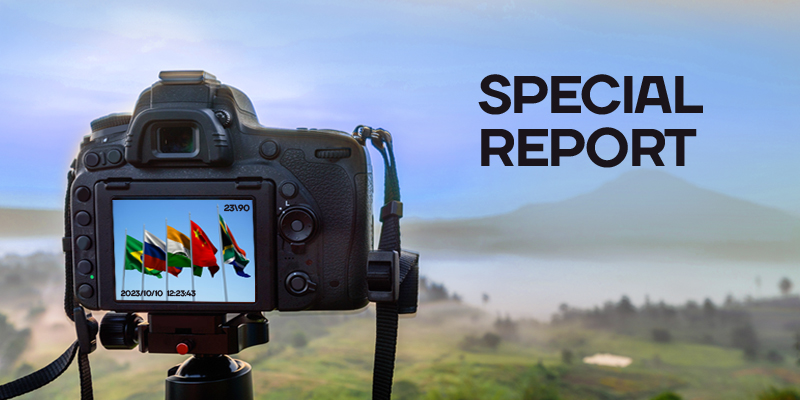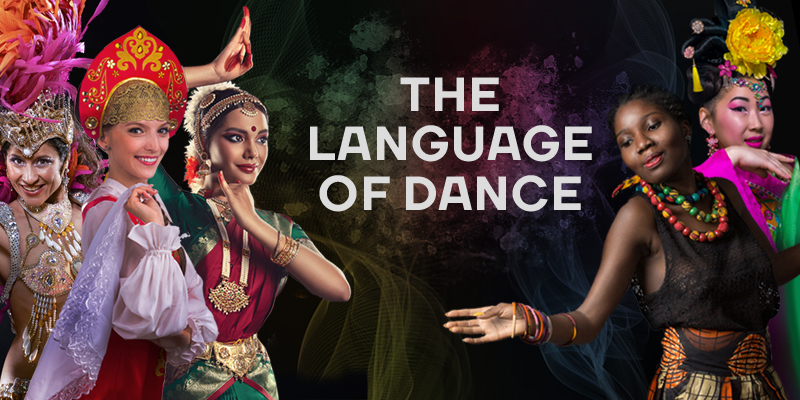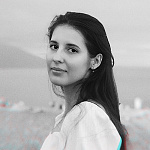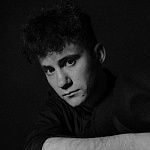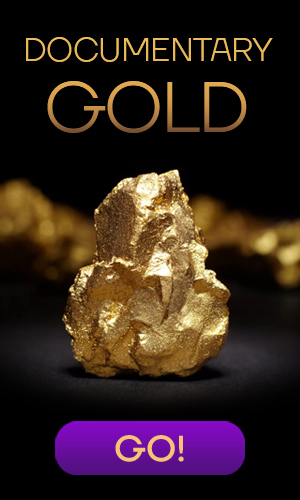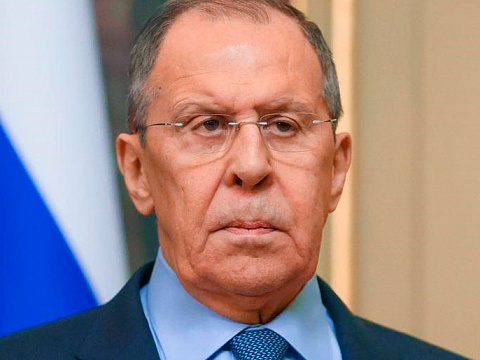Peking opera - Irina Gold
Peking opera or jingju has become perhaps the most famous form of traditional Chinese art. In 2010, it was included in the UNESCO Intangible Heritage List. The performance as we see it on stage today is virtually indistinguishable from early opera, although it was born at the end of the 18th century. It did not reach its classical form until the mid-19th century. Peking opera was based on a kind of fusion from several ancient theatre styles that had developed in the theatres of individual provinces.
If you're interested in seeing life and culture during the Qing Dynasty, the Peking opera provides a glimpse back 200 years.

Today the Peking opera is a real calling card for China. Tourists are enticed by the mystery and intensity of the action on stage. The performance is quite different from what European audiences are used to. And even if the audience does not fully understand the unique language of the performers, this vivid and distinctive spectacle is literally breathtaking.
What is also important is how the national Peking opera allows cultural traditions to be preserved. It tells exclusively about the folk heroes of China. The repertoire mostly consists of stories about the oldest dynasties, the lives of eminent emperors or brave generals, or simply about significant events in history. Curiously, the heroes of the stories are often geniuses or incredible beauties of the past.
The very word 'opera' can mislead the viewer. European opera and jingyu are two completely different acts, both in performance and in content. Everything is different, from the costumes and the features of acting, to the duration of the performance.

In Peking opera there are necessarily four methods of acting: with the eyes, hands, torso and steps. This is how actors bring scenes of street battles to life or recreate old streets of Chinese cities, filling them with fast-changing events. Every performance is unique. For example, one contains songs, dances, dialogues, acrobatics, music, pantomime, or it could be that the play is acted out by just one person, with the stage itself being tiny.
When it comes to performance technique, the main difference is in the sound. In Western opera, the sound comes from the depths, but in Jingyu, it comes from the surface of the larynx. The singing technique is characterised by a high register and the intensity of the sound. The voice should be strong, fill the entire hall and sound louder than the instruments.
Peking opera is more like a musical or a musical performance. It has to be seen, not heard.
The opera usually lasts an hour and a half. The show is traditionally scheduled to start at half past eight in the evening.
Irina Gold, opera singer, expert in music, winner of international competitions, winner of the "Golden Voice of Russia" Grand Prix.
Photo: istockphoto.com
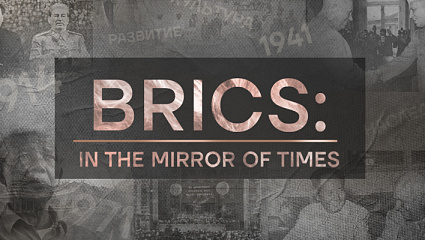
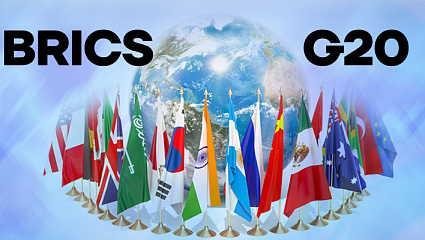
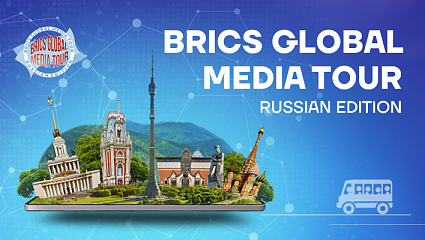
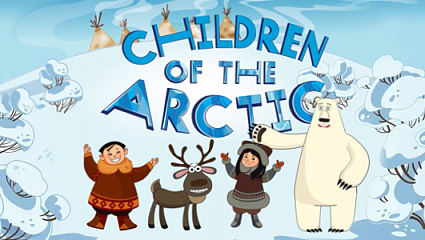
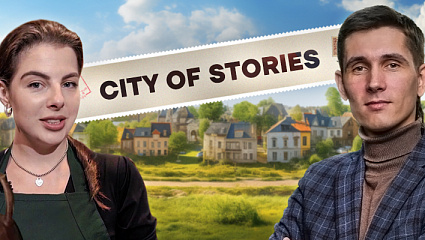


 DIGITAL WORLD
DIGITAL WORLD









